Traveling should be about creating memories, not losing money to clever con artists. Unfortunately, the hospitality industry attracts scammers who prey on tired, jet-lagged travelers. From fake booking confirmations to mysterious charges that appear on your credit card weeks later, these schemes can turn your dream vacation into a financial nightmare.
The good news? Most hotel scams follow predictable patterns. Once you know what to look for, you can spot these tricks from a mile away and protect yourself from becoming another victim.
Here is a list of 15 hotel scams that every traveler should recognize before their next trip.
Fake Booking Confirmations

Scammers create legitimate-looking websites that mirror real hotel brands — complete with official logos and professional photography. They’ll take your payment information and send you a confirmation email that looks completely authentic. The harsh reality hits when you arrive at the hotel only to discover that no reservation exists under your name. These fake sites often rank high in search results, which makes them particularly convincing to unsuspecting travelers.
Nonexistent Hotels
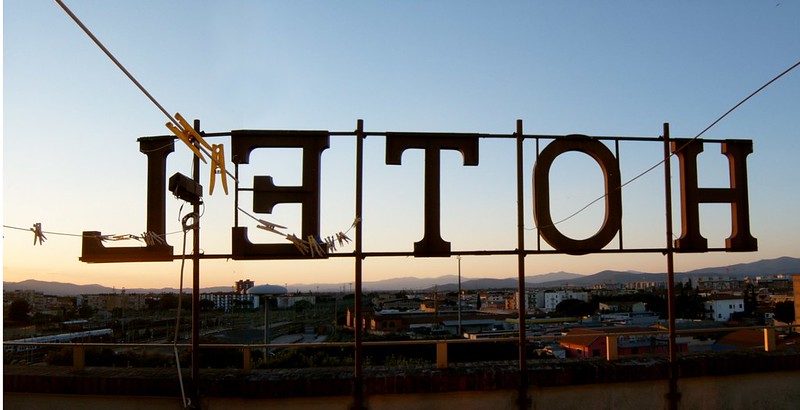
Some fraudsters go even further by advertising hotels that simply don’t exist. They’ll create entire websites with stunning photos, glowing reviews, and detailed descriptions of amenities that sound too good to be true. The address might be real — but when you show up, you may find an empty lot, an unrelated business, or a different property entirely. These scams often target popular tourist destinations where accommodations are expensive and in high demand.
Double Booking Schemes

Legitimate hotels sometimes participate in this scam by deliberately overbooking rooms. When you arrive, they’ll claim your reservation was lost or that there’s been a system error — though conveniently, they can help you out. They’ll then offer to book a room at a nearby property, usually at a higher rate, with the original hotel collecting a commission. This practice becomes particularly common during peak travel seasons when rooms are scarce.
Phantom Damage Charges
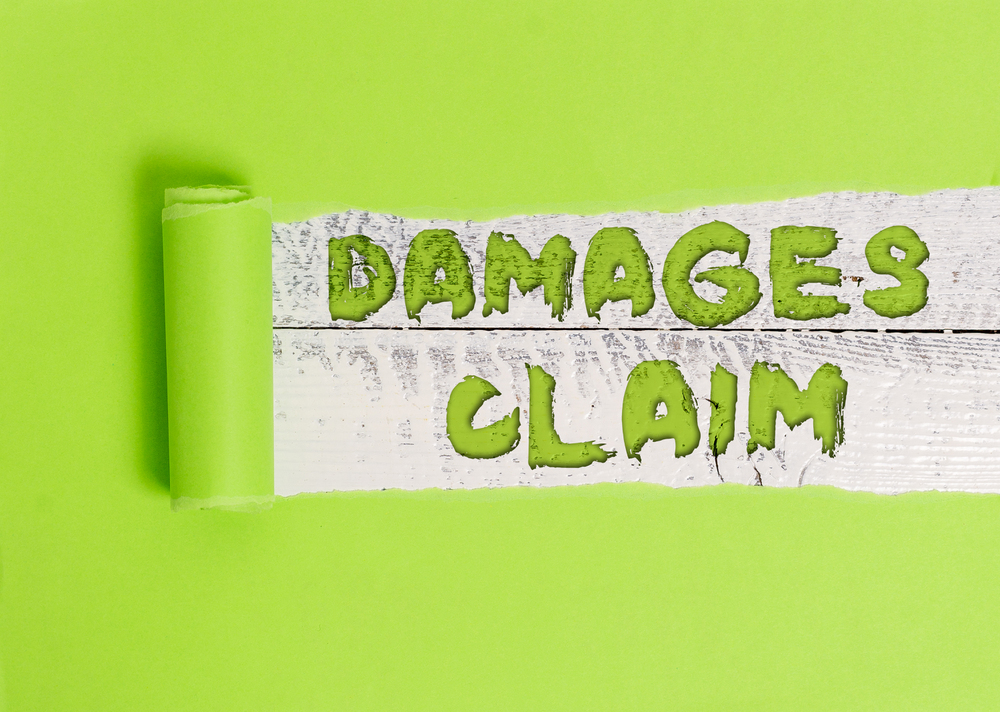
After checkout, some hotels will claim you damaged the room and charge your credit card for repairs. Common accusations include stained sheets, broken furniture, or damaged electronics that were already in poor condition when you arrived. Since you’re no longer at the property — and can’t inspect the alleged damage — it’s difficult to dispute these charges. The hotel banks on the fact that most travelers won’t fight a charge that’s less than the cost of hiring a lawyer.
Wi-Fi Upgrade Fees

Many hotels advertise free Wi-Fi but fail to mention that the basic version is practically unusable. Once you connect, you’ll discover that streaming, video calls, or even basic web browsing require an expensive ‘premium’ internet package — while the basic service is often intentionally throttled. The connection becomes so slow that guests feel forced to upgrade. This bait-and-switch tactic can add significant costs to your stay.
Fake Hotel Calls`

Scammers will call your room pretending to be hotel staff — claiming there’s an issue with your credit card or reservation. They’ll ask you to verify your card information ‘for security purposes’ or to avoid having your reservation canceled. Real hotel staff would never ask for sensitive financial information over the phone, though these calls often happen late at night when guests are more likely to be disoriented. Tired travelers are less cautious and more vulnerable to these schemes.
Bogus Cleaning Fees

Some properties charge excessive cleaning fees that aren’t disclosed until after your stay. They might claim that normal wear and tear requires special cleaning services — or they’ll charge you for using towels or making the bed, things that are part of standard housekeeping. These fees can range from modest amounts to hundreds of dollars, depending on how bold the scammer feels and what they think they can get away with.
Inflated Minibar Charges
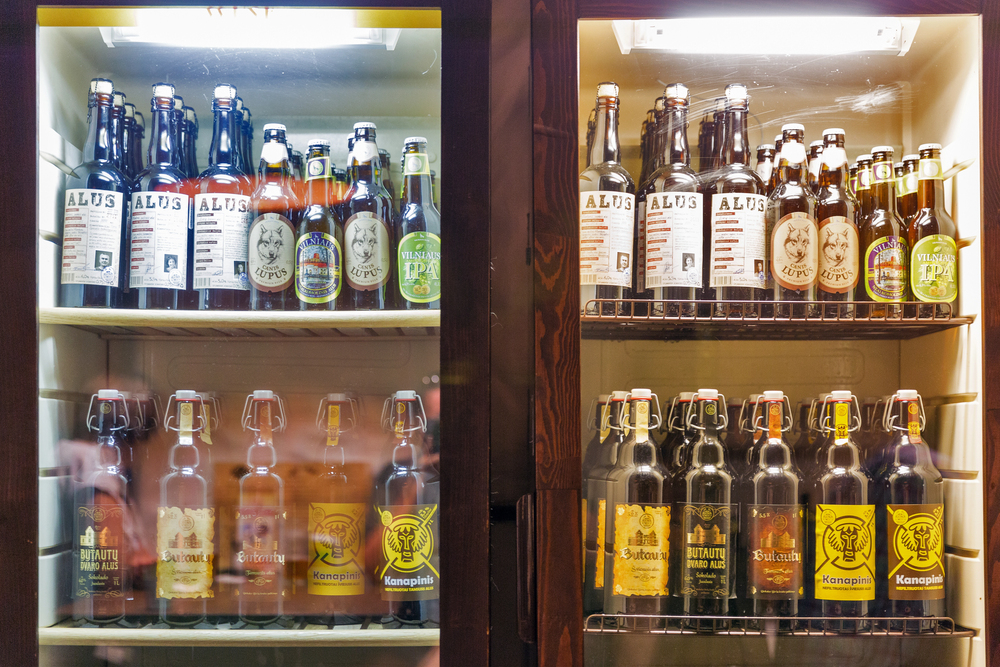
Hotels sometimes tamper with minibar sensors to register purchases that never happened. You might find charges for items you never touched — or prices that are significantly higher than advertised. Some properties use motion sensors that trigger charges simply from moving items around while looking for something else. The charges often don’t appear until weeks after your stay, which makes them harder to dispute and easier for hotels to collect.
Airport Shuttle Lies

Hotels advertise free airport shuttles but conveniently forget to mention the service when you arrive. Instead, they’ll recommend a “partner” taxi company that charges premium rates — though the shuttle may actually exist but run infrequently. This forces you to choose between waiting hours and paying for expensive transportation. This scam works particularly well when you’re carrying heavy luggage and facing time constraints.
Resort Fee Surprises

— Photo by mkopka
Many hotels, especially in tourist destinations, add mandatory resort fees that aren’t included in the advertised room rate. These fees supposedly cover amenities like pool access, gym usage, or Wi-Fi services that used to be complimentary. The fees are often disclosed in fine print or not mentioned until you’re checking out, though some properties charge these fees even if you don’t use any of the advertised amenities.
Third-Party Booking Disasters

Scammers create fake travel booking sites that offer deals too good to be true. After taking your payment, they either disappear entirely or make reservations using stolen credit cards. When the fraud is discovered, your reservation gets canceled, but the scammer has already vanished with your money. These sites often use names similar to legitimate booking platforms to increase their credibility and fool unsuspecting travelers.
Key Card Cloning
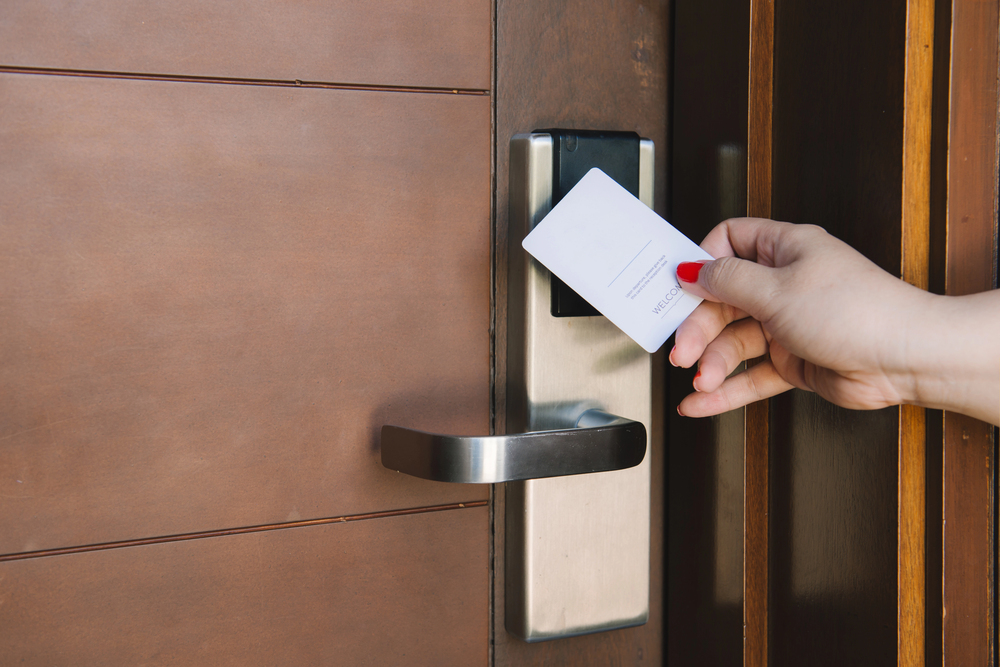
Criminals sometimes pose as hotel staff to gain access to your room using cloned key cards. They might claim to be maintenance workers, housekeeping, or security personnel. Once inside, they’ll steal valuables or gather information for identity theft. Real hotel staff should always be in uniform and willing to verify their identity through the front desk before entering your room, though some scammers are becoming increasingly sophisticated in their approach.
Concierge Commission Schemes
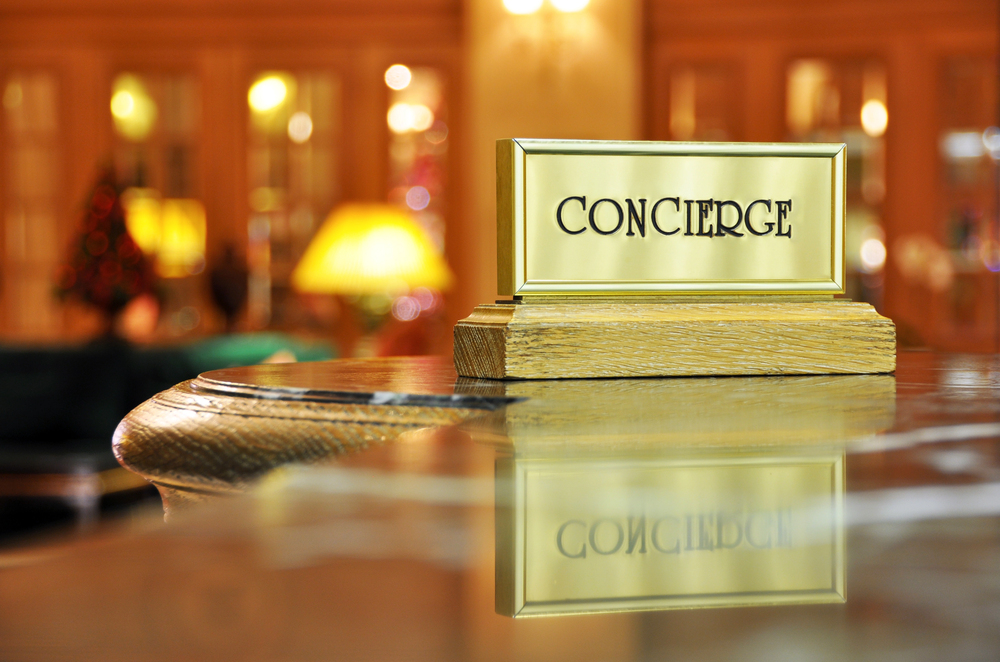
Hotel concierges sometimes recommend restaurants, tours, or attractions based on kickbacks rather than quality. They’ll enthusiastically suggest overpriced experiences that offer poor value for money while collecting substantial commissions from partnered businesses. While this might seem like a minor inconvenience, it can significantly inflate your travel costs. The recommended businesses often cater to tourists and charge premium prices for mediocre services.
Fake Loyalty Programs

Scammers create fake hotel loyalty programs that promise points, discounts, or free stays in exchange for personal information. They’ll send professional-looking emails or create convincing websites that harvest your data for identity theft purposes. Some even charge membership fees for programs that don’t actually exist. Legitimate hotel loyalty programs are always free to join and are promoted through official channels, not through unsolicited communications.
Check-Out Express Scams
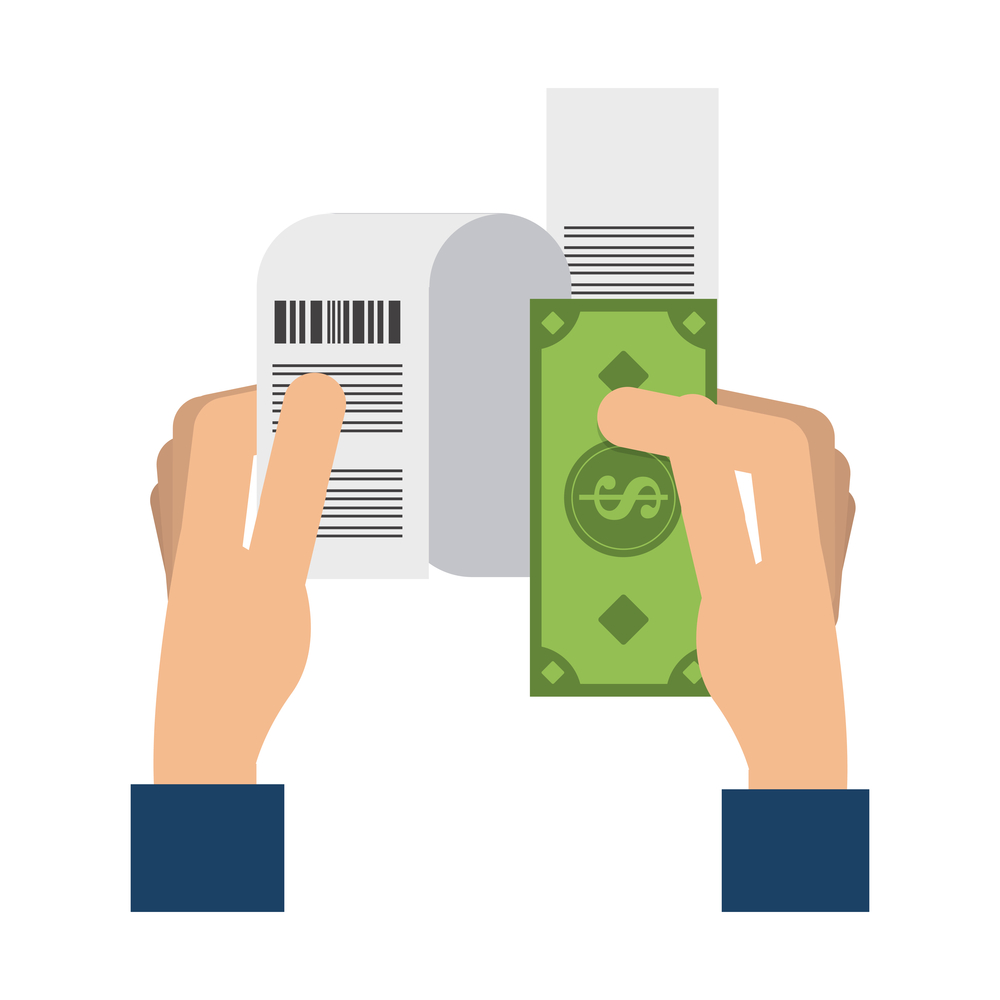
Some hotels manipulate their express checkout system to add unauthorized charges to your final bill. Since you’re not reviewing the charges in person, you might not notice additional fees until you receive your credit card statement. Common additions include phone calls you didn’t make, movies you didn’t watch, or services you didn’t use. The charges are often small enough that many travelers don’t bother disputing them, which is exactly what these hotels count on.
The Modern Traveler’s Defense

Hotel scams have evolved alongside technology, yet so have the tools to combat them. Today’s travelers have access to review sites, social media, and instant communication that make it easier to verify legitimate businesses and expose fraudulent ones. The key is staying vigilant and trusting your instincts when something feels off. Smart travelers now research accommodations thoroughly, book through reputable channels, and document everything from room conditions to conversations with staff, making it much harder for scammers to succeed in their schemes.
More from Travel Pug

- 20 Best Beach Towns in the Carolinas
- 13 Destinations Where Tourists Regularly Regret Their Trip
- 20 Things You Actually Get in First Class
- 20 Small Airports With Aviation Museums
- 20 Places in the U.S. That Are Perfect for a Reset Trip
Like Travel Pug’s content? Follow us on MSN.
